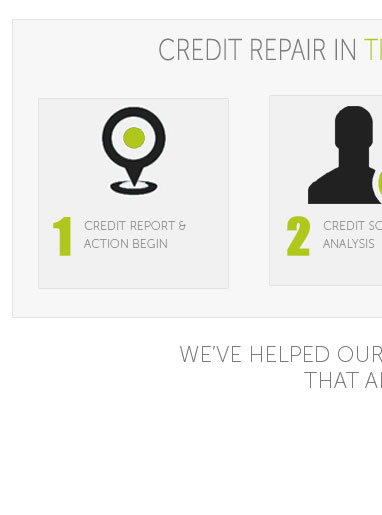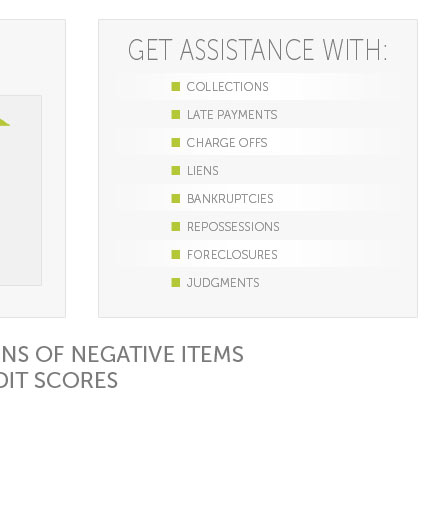 |
|||
|---|---|---|---|
 |
 |
 |
|---|---|---|
 |
||
 |
 |
 |
 |
|---|---|---|
 |
Unlock your financial potential with our revolutionary credit repair services designed to skyrocket your credit score; say goodbye to limitations and hello to opportunities as our expert team diligently works to cleanse your credit history, challenge inaccuracies, and empower you with the knowledge to maintain financial freedom-because you deserve more than just a number, you deserve a future filled with endless possibilities.
https://www.equifax.com/personal/education/credit/score/articles/-/learn/improve-credit-score-to-buy-home/
Low credit scores can be a serious stumbling block for many hopeful homebuyers. But with patience and hard work, it's possible to improve your credit scores.
Low credit scores can be a serious stumbling block for many hopeful homebuyers. But with patience and hard work, it's possible to improve your credit scores.
https://www.federalreserve.gov/pubs/creditscore/creditscoretips_2.pdf
Many credit-scoring models consider the number and type of credit accounts you have. A mix of installment loans and credit cards may improve your score. However ...
Many credit-scoring models consider the number and type of credit accounts you have. A mix of installment loans and credit cards may improve your score. However ...
https://www.nerdwallet.com/article/finance/raise-credit-score-fast
How to build credit fast - 1. Pay credit card balances strategically - 2. Ask for higher credit limits - 3. Become an authorized user - 4. Pay bills ...
How to build credit fast - 1. Pay credit card balances strategically - 2. Ask for higher credit limits - 3. Become an authorized user - 4. Pay bills ...